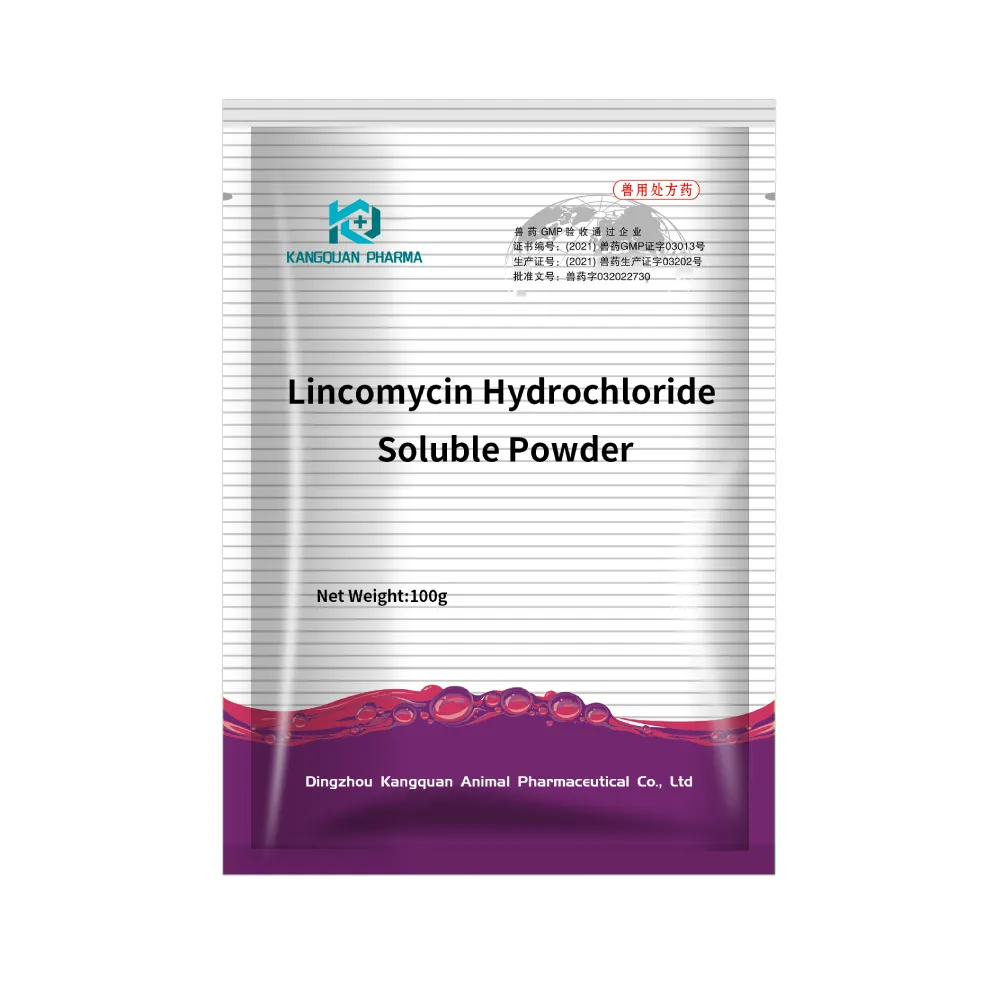- Afrikaans
- Albanian
- Amharic
- Arabic
- Armenian
- Azerbaijani
- Basque
- Belarusian
- Bengali
- Bosnian
- Bulgarian
- Catalan
- Cebuano
- Corsican
- Croatian
- Czech
- Danish
- Dutch
- English
- Esperanto
- Estonian
- Finnish
- French
- Frisian
- Galician
- Georgian
- German
- Greek
- Gujarati
- Haitian Creole
- hausa
- hawaiian
- Hebrew
- Hindi
- Miao
- Hungarian
- Icelandic
- igbo
- Indonesian
- irish
- Italian
- Japanese
- Javanese
- Kannada
- kazakh
- Khmer
- Rwandese
- Korean
- Kurdish
- Kyrgyz
- Lao
- Latin
- Latvian
- Lithuanian
- Luxembourgish
- Macedonian
- Malgashi
- Malay
- Malayalam
- Maltese
- Maori
- Marathi
- Mongolian
- Myanmar
- Nepali
- Norwegian
- Norwegian
- Occitan
- Pashto
- Persian
- Polish
- Portuguese
- Punjabi
- Romanian
- Russian
- Samoan
- Scottish Gaelic
- Serbian
- Sesotho
- Shona
- Sindhi
- Sinhala
- Slovak
- Slovenian
- Somali
- Spanish
- Sundanese
- Swahili
- Swedish
- Tagalog
- Tajik
- Tamil
- Tatar
- Telugu
- Thai
- Turkish
- Turkmen
- Ukrainian
- Urdu
- Uighur
- Uzbek
- Vietnamese
- Welsh
- Bantu
- Yiddish
- Yoruba
- Zulu
8 月 . 30, 2024 02:01 Back to list
Dexamethasone 10mg/ml - Comprehensive Guide and Information
Dexamethasone is a synthetic corticosteroid medication that has a wide range of applications in the medical field. Often provided in a 10 mg/ml concentration, it is used to treat various conditions due to its powerful anti-inflammatory and immunosuppressive properties. This article explores the uses, mechanisms, and potential side effects of dexamethasone, as well as its importance in clinical settings.
One of the primary uses of dexamethasone is in the management of severe allergic reactions, such as anaphylaxis. In these situations, prompt administration of this medication can help reduce swelling, itching, and the overall immune response, thereby preventing further complications. Additionally, dexamethasone is commonly employed in treating respiratory disorders, including asthma and chronic obstructive pulmonary disease (COPD). By alleviating inflammation in the airways, it helps patients breathe more easily and improves their quality of life.
.
In certain cases, dexamethasone plays a pivotal role in cancer treatment. It is often used as part of a chemotherapy regimen to reduce nausea and vomiting associated with cancer treatments. Additionally, in patients with specific types of cancers, such as multiple myeloma and lymphomas, dexamethasone can help manage symptoms and improve overall outcomes.
dexamethasone 10mg ml

The mechanism of action of dexamethasone lies in its ability to mimic the effects of natural hormones produced by the adrenal glands, such as cortisol. It binds to glucocorticoid receptors present in various tissues, leading to alterations in gene expression. This process results in decreased production of pro-inflammatory cytokines and other mediators involved in the inflammatory response. By reducing inflammation, dexamethasone effectively assists in managing a variety of medical conditions.
Despite its benefits, dexamethasone is not without potential side effects. Common side effects include increased appetite, weight gain, insomnia, and mood changes. Prolonged use can lead to more serious complications, such as osteoporosis, adrenal suppression, and increased susceptibility to infections. Therefore, healthcare providers typically prescribe dexamethasone at the lowest effective dose for the shortest duration necessary to minimize these risks.
Special consideration is given to dexamethasone during pregnancy and lactation. While it can be warranted for certain conditions, physicians carefully weigh the benefits against potential risks to both mother and child.
In conclusion, dexamethasone, especially in its concentrated form of 10 mg/ml, is a versatile and essential medication in modern medicine. Its ability to combat inflammation and modulate immune responses makes it a critical tool in treating various health conditions. While it carries potential side effects, with careful management and appropriate usage, dexamethasone can significantly improve patients' quality of life and therapeutic outcomes in a wide array of medical situations.
-
The Power of Radix Isatidis Extract for Your Health and Wellness
NewsOct.29,2024
-
Neomycin Sulfate Soluble Powder: A Versatile Solution for Pet Health
NewsOct.29,2024
-
Lincomycin Hydrochloride Soluble Powder – The Essential Solution
NewsOct.29,2024
-
Garamycin Gentamicin Sulfate for Effective Infection Control
NewsOct.29,2024
-
Doxycycline Hyclate Soluble Powder: Your Antibiotic Needs
NewsOct.29,2024
-
Tilmicosin Premix: The Ultimate Solution for Poultry Health
NewsOct.29,2024













